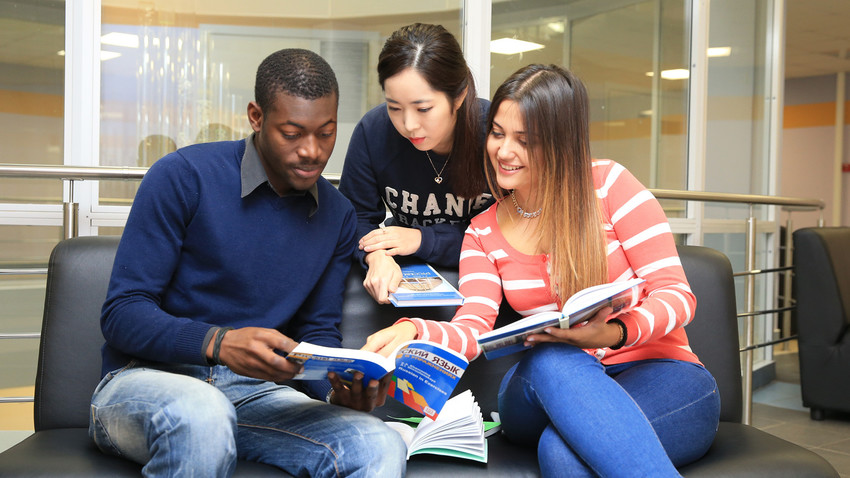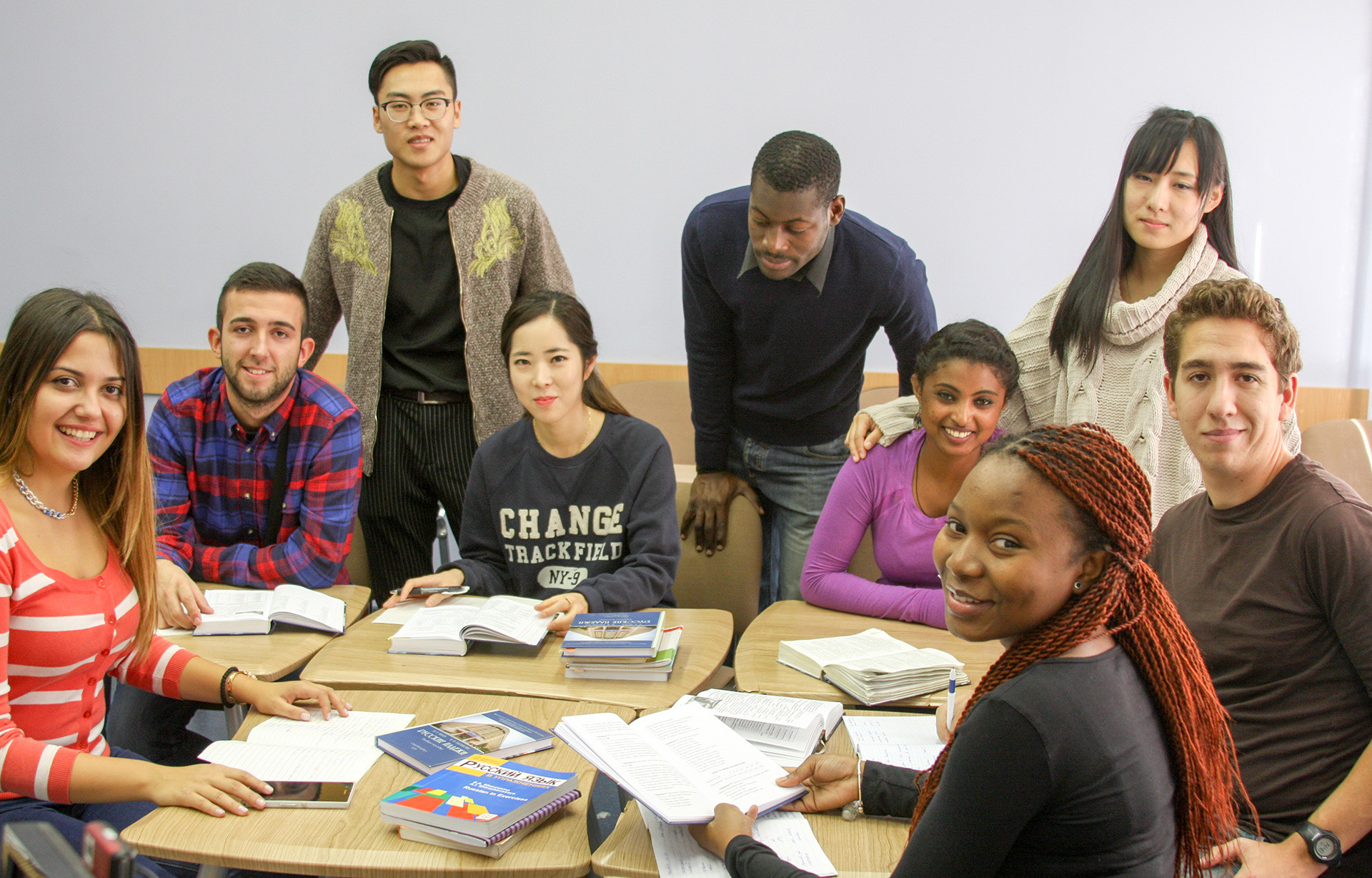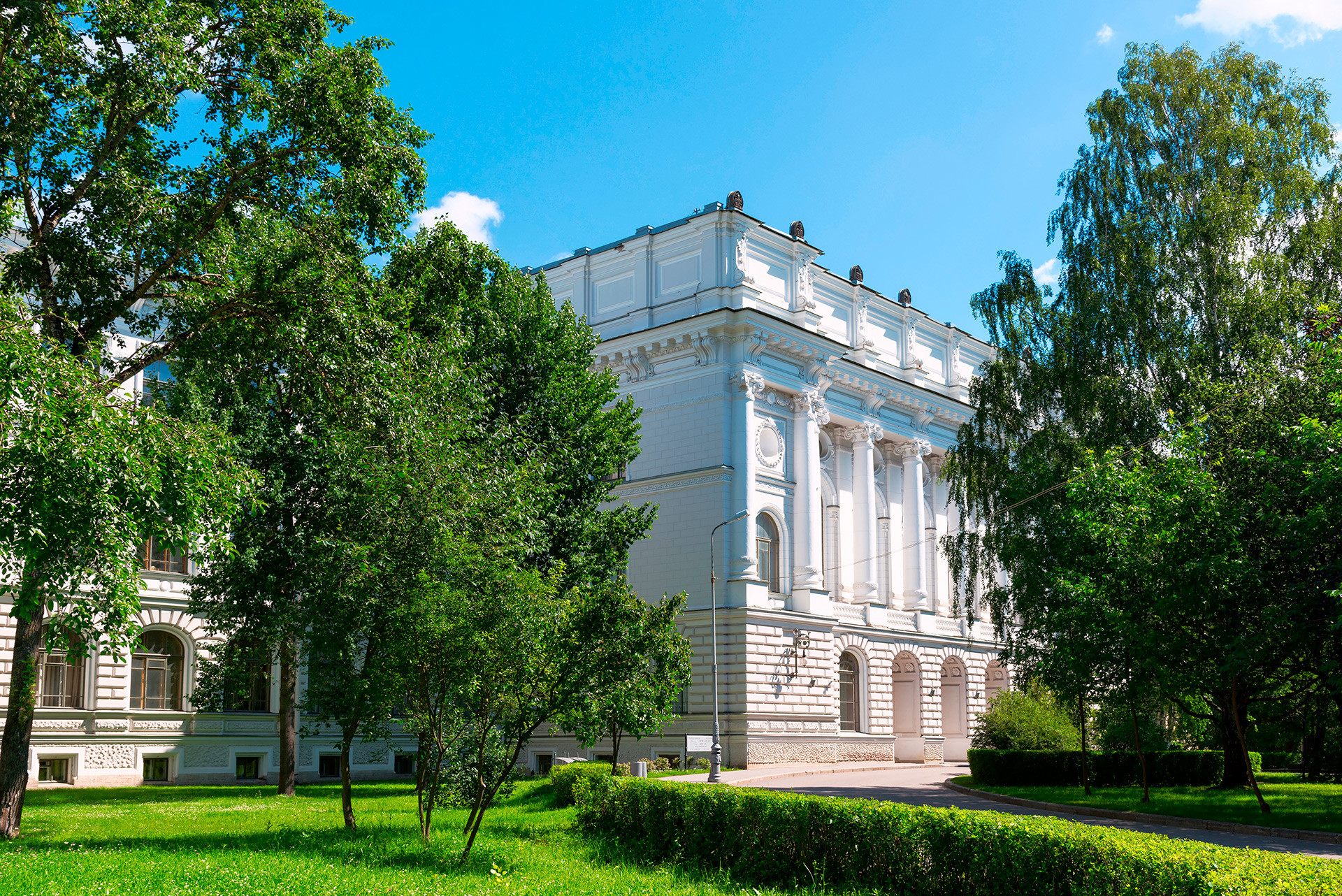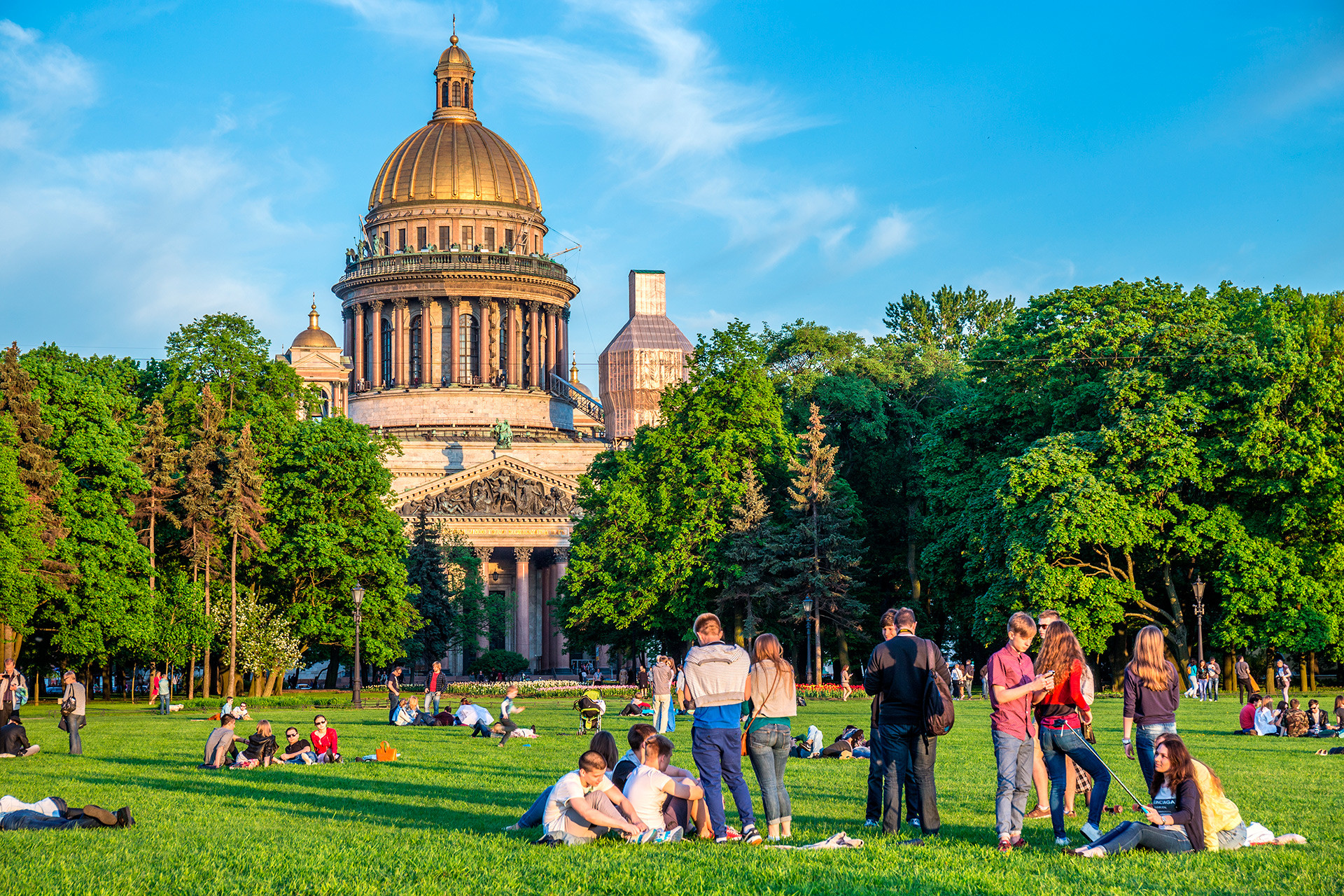
The 7 best things about studying in English at St. Petersburg Polytechnic University
SPbPUSPbPU is one of Russia’s leading higher education institutions. According to U.S. News & World
The strongest programs are in technical sciences, a field the university is especially known for, and cover the likes of Energy Technology and Mechanics and Mathematical Modeling. Students can also study interesting programs as like Telecommunications, Intelligent Systems, and Civil Engineering.
In addition, SPbPU offers many short-term programs. As part of the International Polytechnic Summer School, students are offered over 30 educational modules - some as short as two weeks. By choosing several modules, students can study from two weeks to four months. It’s one of the biggest summer schools in the country: In 2017, more than 550 students from over 50 countries attended. Unique polytechnic modules are also available, like Space Technologies (you won't find them in any other Russian summer school).
Many international programs are fully taught in English, so you don't need to know Russian. Those who can’t speak the language upon arrival will almost certainly be able to string some sentences together when they leave: All applicants are offered short-term Russian courses for beginners. Many international programs, both master's and short-term, already include modules of basic Russian.
If you don't have such plans, no problem. All international services at the university are staffed by English speakers and the lecturers and postgraduate students speak English. SPbPU invites about 200 foreign professors a year from the U.S., Germany, France, Britain, Finland, Australia, and other countries - all of them give lectures in English.

Students of Peter the Great St. Petersburg Polytechnic University
SPbPUYes, it’s true, SPbPU doesn’t require students to have international certificates in English language proficiency (there’s also no requirement for students to be physically present in Russia when sitting entry exams).
But this doesn't mean any Tom, Dick, and Harry can enter the university. Students should be able to speak English to at least B2 proficiency, preferably higher: They need to be fluent in the terminology of their chosen course. Candidates are tested in either a one-to-one Skype interview or an online exam. In some
The university participates in a large number of international projects with European universities, each with their own scholarships and grants. The university has signed over 25 treaties on cooperation with European universities in the framework of the Erasmus+ Program, it cooperates with the German DAAD Program and the Finnish First Program, and is holding talks with Turkish universities on cooperation as part of the Mevlana Exchange Program. All of these programs have grants providing support for students.
And since SPbPU is a participant in the Project 5-100 (which aims to bring at least five Russian universities from among the project participants into the world's top 100 universities by 2020), the university also provides additional funding to support gifted students.
Anyone can apply for a scholarship. There aren’t enough for everyone but you have a chance to impress to get tuition fees slashed.

Peter the Great St. Petersburg Polytechnic University
Legion MediaSPbPU has over 400
For example, SPbPU implements master's double degree Programs with the Lappeenranta University of Technology (Finland), Brandenburg University of Technology Cottbus-Senftenberg (Germany), Leibniz Universität Hannover (Germany), the Technical University of Berlin (Germany), Jiangsu Normal University (China), and others. You can find the full list of higher education institutions with which SPbPU realizes double degree programs here. This option only applies to English-language master's double degree programs.
Another pleasant surprise is that European students can have modules they studied at SPbPU credited as part of education programs at their main universities (for example, if they come for a semester on an exchange program or to attend Summer School) since the university supports the ECTS pan-European system.
SPbPU cooperates with industry giants such as BOSCH, Siemens, D-Link, and Philips. Many students do internships at the companies and are often offered jobs at the end. Some students even receive job offers when they are still at the university. As SPbPU points out, European universities and employers now see intercultural competence as a priority. In other words, they value the ability to adapt to life in a different country.

Saint Isaac's Cathedral in St. Petersburg
Legion MediaNaturally, it depends on the program but even longterm tuition comes out cheaper compared with European universities. A year on a master's degree program costs between 180,000 and 253,000 rubles ($3,000-$4,242), a year studying for a bachelor's degree between 190,000 and 265,000 rubles ($3,186-$4,443), and Summer School about 200 euros a week.
Living costs, food, public transport, entertainment, etc. are also generally cheaper. What’s more, the university has comfortable dormitories, a campus the size of a small town with four metro stops, sports center, swimming pool, ice-hockey team, and much more.
You can read more about SPbPU international programs here and receive a consultation, find out about entrance exams, accommodation, visas, and all other relevant issues by ringing +7 (812) 534-2531 or going to visiting the helpdesk at acadmob@imop.spbstu.ru. The university will be happy to give detailed answers to all your queries.
If using any of Russia Beyond's content, partly or in full, always provide an active hyperlink to the original material.
Subscribe
to our newsletter!
Get the week's best stories straight to your inbox